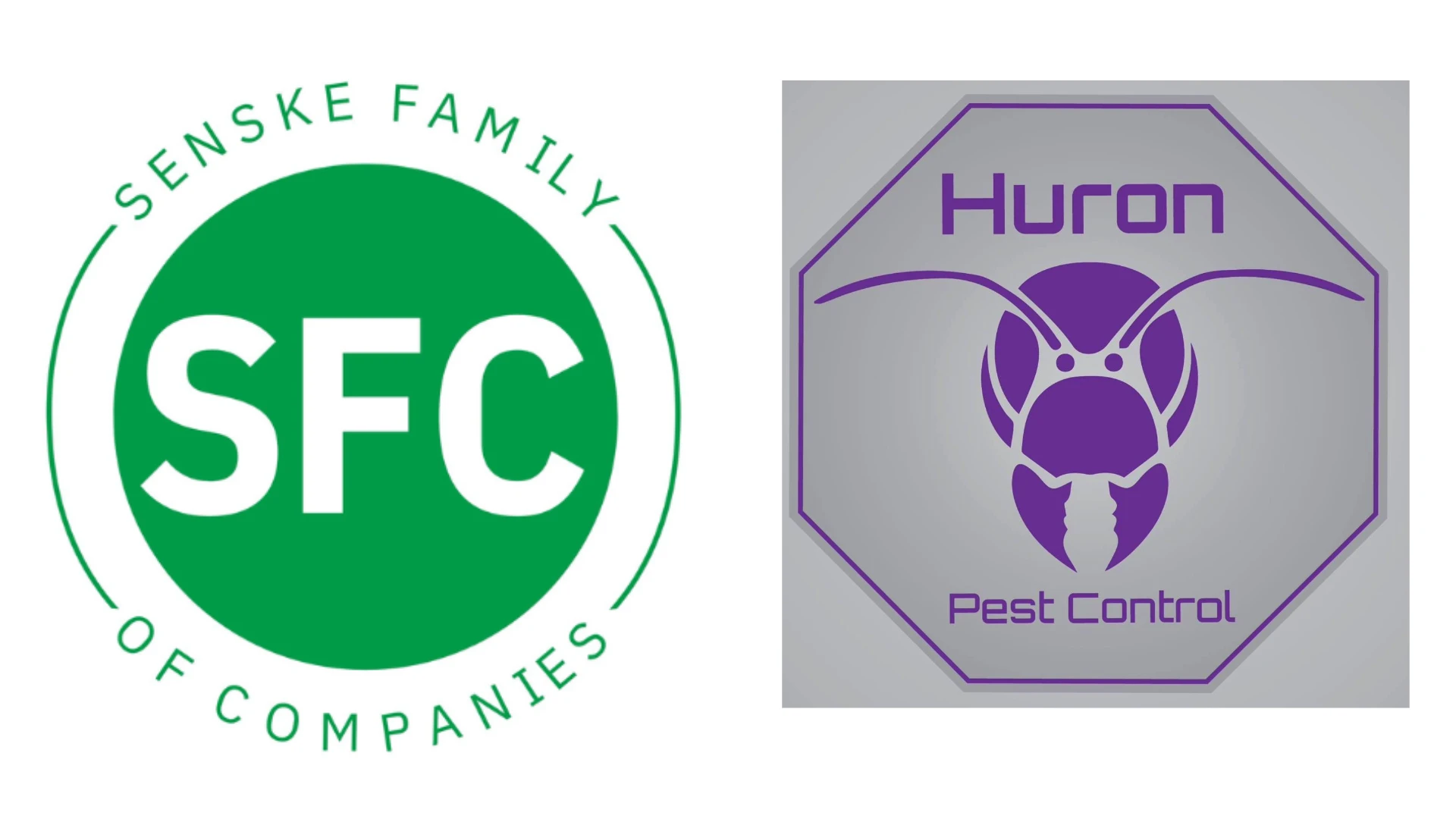
There are a variety of factors one must consider before getting into a taxi or rideshare vehicle, and now, according to Don Brooks of Dallas-based Doffdon Pest Control, bed bugs is one of them. Before COVID-19, Brooks, owner of Doffdon Pest Control, said he was treating 15 to 20 cars per week for bed bugs, and then 50 to 100 a week after receiving increased press coverage (he was profiled on TV station WFAA). Out of those cars, about 80 percent of them were rideshares, Brooks said.
“I don’t want to get gross, but you’d be surprised how many people have bed bugs on them right now,” Brooks said.
Bed bugs are difficult to see and there is no sensation when they bite, according to Mark Sheperdigian, author of the chapter titled “Pest Management in Transportation Facilities” in the PCT Guide to Commercial Pest Management.
“You don’t feel a thing. So, in the summertime they could come and feed upon you. That could happen and the [rideshare] driver, unless they went carefully through their car, would never know,” Sheperdigian told PCT. “Even if they did go carefully through their car, they probably wouldn’t know they had bed bugs.”
Both Sheperdigian and Brooks said that bed bugs will hide underneath seats and within the cracks and crevices of cars.
“Bed bugs are hesitant. They come out slowly and they’re easily frightened back (into harborage sites). So, they don’t feed unless the time is right,” Sheperdigian added.

He said a car is an inconvenient place for a bed bug, so it takes a very specific set of circumstances for them to get there, such as being on something or someone who gets into the car.
TREATMENT DETAILS. Bed bugs can’t survive more than 125°F, but that doesn’t mean they’ll be eliminated in a car that can reach much higher temperatures when it’s parked in the sun. Bed bugs can hide in dark, hidden areas of a car, which is why a proper heat treatment is necessary.
“Treating a car for bed bugs is not so easy to do,” Sheperdigian said. “You have to find a pesticide that is labeled for that, and there are darn few pesticides that are labeled for that kind of thing.”
When treating rideshares and other vehicles, Brooks performs both a liquid insecticide application and a heat treatment.
For bed bug control in vehicles, Brooks first treats the interior with an insecticide, and then seals the vehicles in tents that he heats to 150°F, with all doors and the trunk open. Bed bugs will try to hide once the car gets too hot for them, Brooks said, which is why he treats with a liquid insecticide as part of his program. Before the bed bugs find a deep crevice to serve as a harborage, they will come into contact with the liquid insecticide, which help serve as a one-two treatment punch. After sitting in the tent in a local parking lot for two hours, all the bed bugs in the car would be dead, Brooks said.
Brooks also places fans within the tents to circulate the hot air and to ensure cool spots don’t occur in areas where the bed bugs might be hiding. Additionally, he uses a heat monitoring system in which he places heat sensors in remote areas of the car to ensure that all areas are at a temperature that will kill the pests.
Brooks charges $250 to treat a car in the tent for two hours, and $1,000 to heat treat semi-truck trailers.
After appearing on WFAA, a local Dallas TV news station, Brooks received a call from a California-based radio station, which brought him increased publicity. Despite only working in Dallas, Brooks said people across the country were interested in the services he was providing. “I got calls from nearly every state in the nation after that (publicity),” he said.
It was after this publicity that Brooks started seeing a lot more rideshare customers. However, as a result of COVID-19, he had to cease vehicle treatments temporarily. Before the pandemic, Brooks said he had four cars in each tent for every working hour of the day and he was booked out two weeks.
“I saw a spike, and then that spike was compounded by the coronavirus,” Brooks said.
Brooks said he is still heat-treating semi-truck trailers. To treat these big trucks, Brooks places the heater inside the sealed trailer and lets it run for several hours. In addition to the semis, Doffdon Pest Control is still treating up to four houses per day for bed bugs, according to Brooks.
Before treating rideshare vehicles, Brooks began his bed bug vehicle services with heat-treating police cars. Even if they didn’t know if they had bed bugs, officers would want the car treated “just in case,” Brooks said. After treating police cruisers, Brooks decided to reach out to rideshare companies because he uses them often and thought there might be an opportunity for his business. From there, more and more rideshare drivers in the Dallas area came to him for treatment.
To learn more about Doffdon Pest Control’s treatment of rideshares visit bit.ly/2ZtnweT.

Explore the September 2020 Issue
Check out more from this issue and find your next story to read.
Latest from Pest Control Technology
- Webinar: Employee Incentives — Going Beyond the Annual Raise
- Pest Control Companies Helping Neighbors in Need Eradicate Bed Bugs
- Why Does Marketing Feel So Opaque?
- How Did This Pest Get Its Name?
- Rose Pest Solutions Honors Top Performers with Annual Chief’s Club Awards
- Doug Foster on Termite Control Equipment, Resources
- Pest Control Consultants Acquires EcoGuard Pest Control
- Pest Index Increased 9 Percent YOY in February





